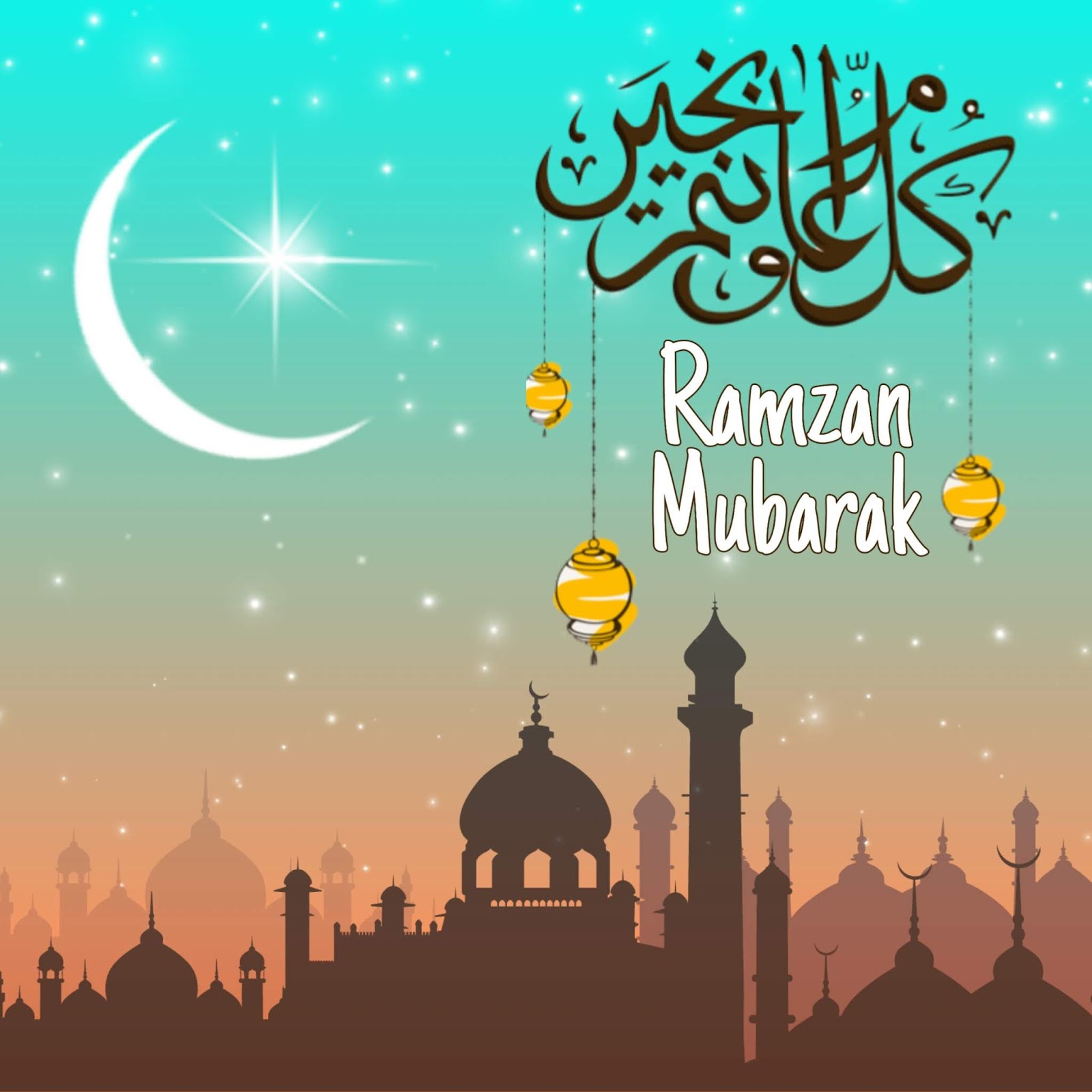As the holy month of Ramadan approaches, millions of Muslims around the world prepare to embrace a time of reflection, fasting, and spirituality. During this blessed month, two common greetings emerge—"Ramadan Mubarak" and "Ramadan Kareem." But what do these phrases mean, and how can we properly convey our wishes to our friends and family? This article will explore the significance of these greetings, their origins, and how they can enhance our connection to the spirit of Ramadan.
Both "Ramadan Mubarak" and "Ramadan Kareem" are expressions of goodwill and blessings exchanged during this sacred month. "Ramadan Mubarak" translates to "Blessed Ramadan," while "Ramadan Kareem" means "Generous Ramadan." These phrases encapsulate the essence of the month, which is about generosity, compassion, and spiritual growth. Understanding the nuances behind these greetings can help deepen our appreciation for this special time and the values it represents.
As the moon is sighted and Ramadan begins, the exchange of these greetings becomes a symbol of unity among Muslims worldwide. Regardless of cultural backgrounds, these phrases serve as a reminder of the shared values of faith, community, and charity. In this article, we will delve into the meaning and importance of "Ramadan Mubarak" and "Ramadan Kareem," explore their cultural significance, and provide insights on how to make the most of this holy month.
What Does Ramadan Mubarak Mean?
“Ramadan Mubarak” is a traditional greeting used by Muslims during the month of Ramadan. The term “Mubarak” translates to “blessed,” which conveys a heartfelt wish for a blessed month of fasting and reflection. This greeting is often shared among friends, family, and fellow Muslims as a way to express goodwill and unity during this sacred time. It emphasizes the importance of the month and the hope that each individual experiences spiritual growth and joy.
How is Ramadan Kareem Different from Ramadan Mubarak?
Both “Ramadan Kareem” and “Ramadan Mubarak” are common greetings during Ramadan, but they carry slightly different connotations. “Ramadan Kareem” translates to “Generous Ramadan,” which reflects the spirit of generosity and sharing that is emphasized during this month. While “Mubarak” focuses on blessings, “Kareem” highlights the importance of giving, whether it be through charity, kindness, or hospitality. Understanding these distinctions can enrich our appreciation for the values promoted during Ramadan.
When Should You Use Ramadan Mubarak or Ramadan Kareem?
Choosing between “Ramadan Mubarak” and “Ramadan Kareem” often comes down to personal preference or cultural practices. Many people use the two phrases interchangeably, while others may reserve one for specific occasions. A good rule of thumb is to use “Ramadan Mubarak” when wishing someone well at the start of Ramadan and “Ramadan Kareem” when discussing acts of generosity or kindness throughout the month. Ultimately, both phrases convey warm wishes and goodwill, making either appropriate in most situations.
What Are Some Other Common Ramadan Greetings?
In addition to “Ramadan Mubarak” and “Ramadan Kareem,” there are various other greetings that people may use during this holy month. Some include:
- “Eid Mubarak”: This greeting is used to wish others well on Eid al-Fitr, the celebration that marks the end of Ramadan.
- “May Allah accept your fasts”: A thoughtful way to express your hopes for someone’s spiritual journey during Ramadan.
- “Wishing you a fruitful Ramadan”: A wish for a month filled with productivity, faith, and personal growth.
What Are the Spiritual Benefits of Ramadan?
Ramadan is not only a time for fasting but also a period for spiritual reflection and growth. Some of the key spiritual benefits include:
- Increased Faith: Fasting helps strengthen one’s faith and connection to Allah, encouraging deeper spiritual practices.
- Self-Discipline: The act of fasting teaches self-control, patience, and discipline, which can be beneficial beyond Ramadan.
- Compassion for Others: Experiencing hunger allows individuals to empathize with those less fortunate, fostering a sense of community and charity.
How to Celebrate Ramadan with Family and Friends?
Ramadan is a time for community and connection. Here are some ways to celebrate with loved ones:
- Family Iftars: Gather with family and friends for iftar meals to break the fast together and share in the experience.
- Charitable Acts: Engage in acts of charity, such as donating to local food banks or organizing community service events.
- Shared Prayers: Attend prayers together at the mosque or hold family gatherings for prayer and reflection.
- Ramadan Decorations: Create a festive atmosphere at home with decorations that reflect the spirit of Ramadan.
What Are Some Common Misconceptions About Ramadan?
Despite its significance, there are several misconceptions about Ramadan that can lead to misunderstandings. Some of these include:
- Fasting is Punitive: Fasting is often seen as a punishment, but it is actually a spiritual practice intended to foster personal growth.
- All Muslims Observe Ramadan: While the majority of Muslims fast during Ramadan, there are exceptions for health reasons, age, or personal circumstances.
- Ramadan is Just About Fasting: Ramadan encompasses much more than abstaining from food and drink; it is a time for reflection, prayer, and increased devotion.
Conclusion: Embracing the Spirit of Ramadan
In summary, “Ramadan Mubarak” and “Ramadan Kareem” are more than mere greetings; they embody the spirit of compassion, generosity, and community that defines the holy month of Ramadan. By understanding the significance of these phrases and embracing the values they represent, we can deepen our connection to this sacred time and to one another. As we exchange these heartfelt wishes, let us also commit to embodying the principles of faith, charity, and unity that Ramadan encourages, ensuring that the blessings of this month resonate throughout the year.
Celebrating Success: The Power Of Congratulations Images For Achievement
Transform Your Kitchen Experience With Cup Board Pro
Drew Scott: A Look Into His Impressive Net Worth


